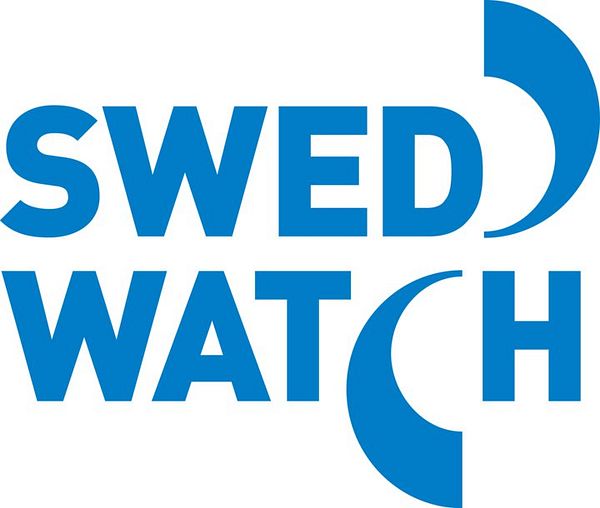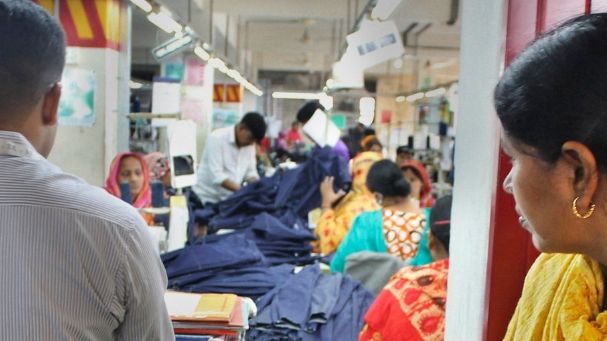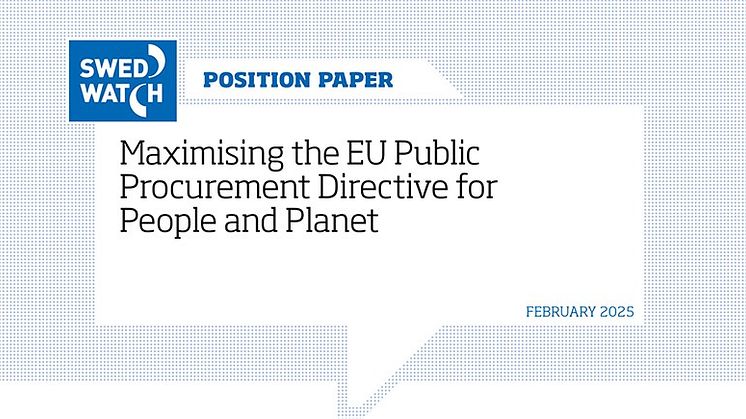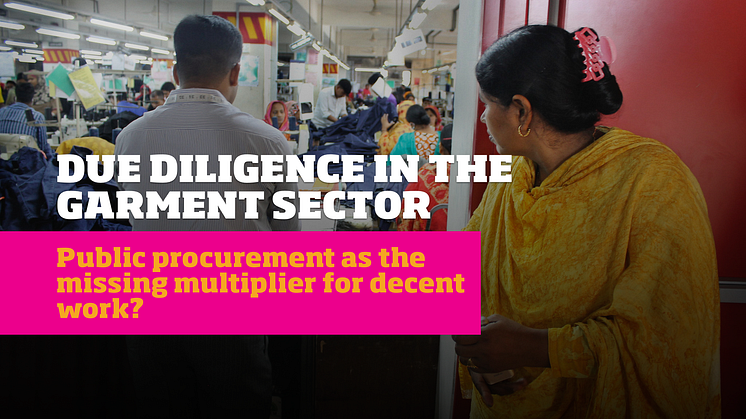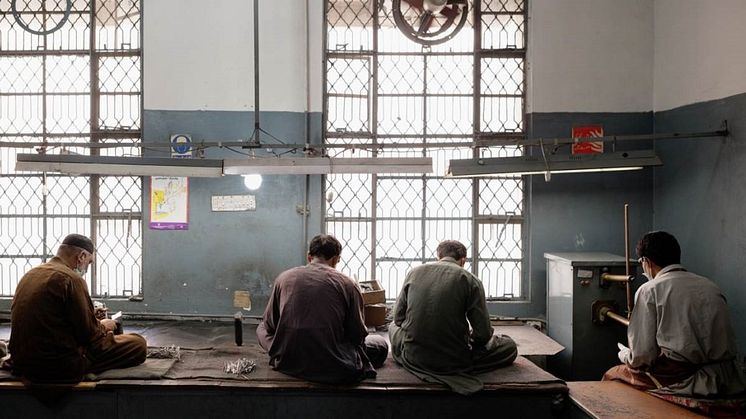
Pressmeddelande -
Swedwatch’s 10 key considerations to enhance socially sustainable public procurement
Strengthen the EU public procurement directive from 2014 and make it mandatory to enforce human rights requirements in public contracts - Swedwatch has identified 10 key considerations that carry opportunities to enhance public procurement as a tool to mitigate and prevent human rights and environmental impacts in public sector supply chains.
The economic value of public procurement - more than 2 trillion EUR per year or 14 percent of total GDP - makes it a strategic and important area for sustainable development. Many products purchased by the public sector are being produced in countries with low enforcement of human rights and lack decent working conditions and environmental protection.
- Taxpayer’s money should be used responsibly, and public spending should support the well-being of people and planet. Therefore, it should be mandatory to enforce and monitor sustainability requirements that safeguard human rights and the protection of the environment in global supply chains, says Linda Scott Jakobsson, public procurement specialist at Swedwatch.
For more than a decade, Swedwatch has worked on the topic of public procurement, highlighting human rights impacts in public sector supply chains such as forced labour in the production of chicken meat in Thailand, child labour and hazardous working conditions in the production of surgical instruments in Pakistan, and environmental impacts from the manufacturing of pharmaceuticals in India.
Public procurement has been recognised as a lever to create positive change, however contracting authorities are not utilising the full potential of socially responsible public procurement.
- Although some contracting authorities enforce and strategically monitor human rights requirements, 55 per cent of procurement procedures in the EU use lowest price as the only award criterion, indicating neglect of sustainability aspects. This needs to change; sustainable procurement should be the norm for the public sector, says Linda Scott Jakobsson.
To shed light on what is needed to enhance and utilise public procurement as an effective tool to support sustainable development across EU member states, Swedwatch has identified 10 key considerations for decision-makers in the EU and Sweden.
These include the need for a strengthening of the 2014 EU directive on public procurement and aligning it with the UN Guiding Principles on Business and Human Rights with the aim to safeguard human rights and protect the environment in the producing countries. Swedwatch also suggests that the proposed EU directive of Corporate Sustainability Due Diligence should apply to all companies including SMEs and provide the possibility for procurers to exclude suppliers not compliant with the directive’s objectives.
Increased supply chain transparency and allocation of resources to enforce requirements are other recommendations, in the effort to strengthen public authorities’ capacities to utilise procurement as an effective tool to safeguard people and planet.
-With the right preconditions, the public sector could really take a lead on this important issue, says Linda Scott Jakobsson.
Read all of the 10 considerations here, and more information is to be found here.
Ämnen
Kategorier
Swedwatch är en ideell och politiskt obunden researchorganisation. Vårt mål är att företag, investerare och stater ska ta ansvar för mänskliga rättigheter och miljö och att rättighetsinnehavare kan göra sina röster hörda.
